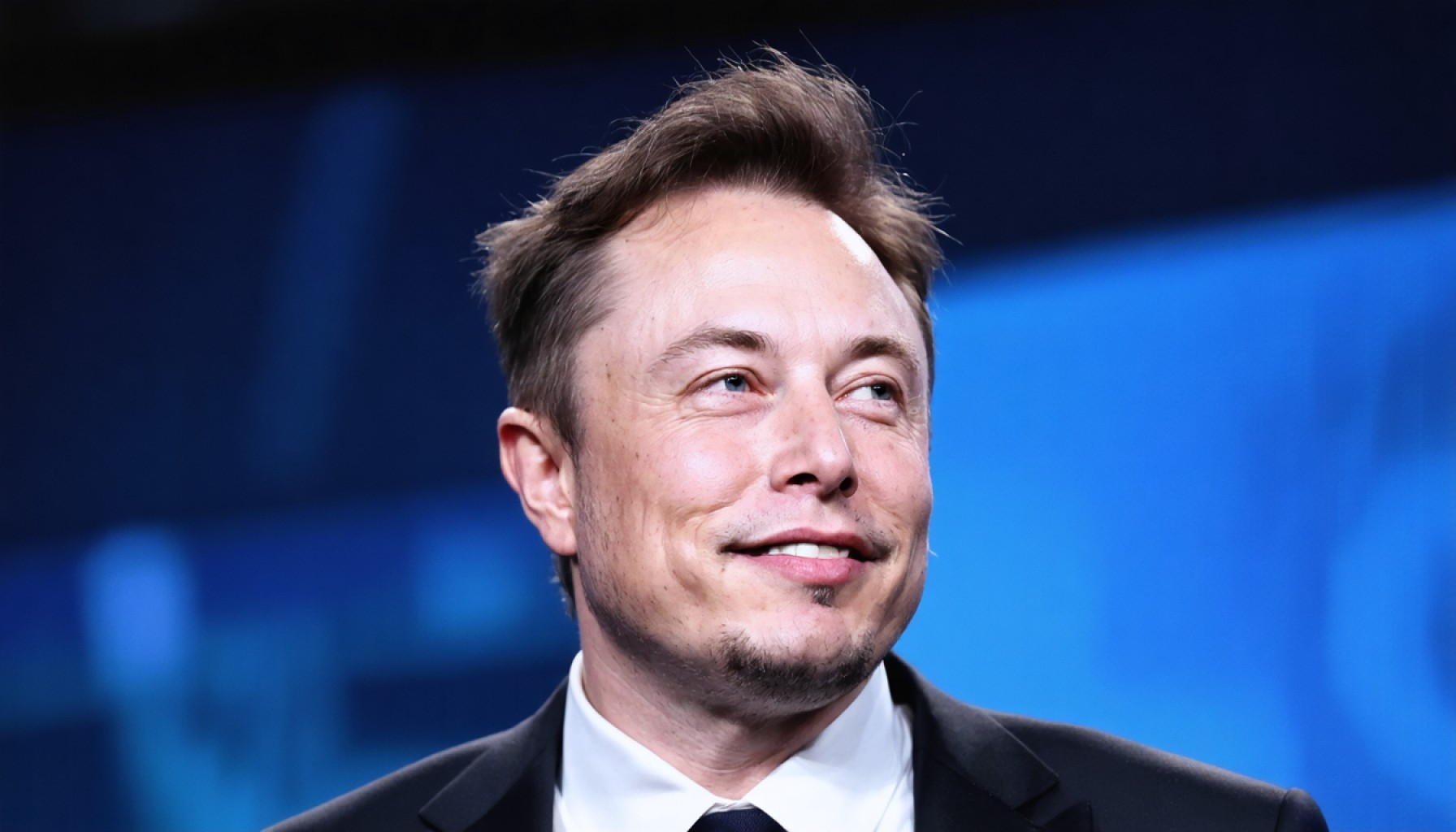- Elon Musk demands detailed role justifications from federal employees, threatening administrative leave for noncompliance, creating confusion and concern.
- This directive aims to reduce the federal workforce, causing mixed reactions from departments and workers.
- Agencies like Defense and Homeland Security resist Musk’s orders, while others like the DEA and FCC urge compliance, highlighting internal tensions.
- The situation reflects broader power struggles between Musk’s business-driven approach and traditional governmental bureaucracy.
- Critics, including the AFGE president, criticize Musk’s approach as “cruel and disrespectful,” intensifying the debate over corporate influence in public sectors.
- This evolving narrative prompts deeper questions about government autonomy, authority, and accountability amidst the influence of powerful private figures.
Under the stark light of an unfurling drama across the American federal workforce, Elon Musk has ignited a firestorm with his demand that government employees justify their roles in precise detail. In a move that has created confusion and concern, Musk decreed that failure to comply would result in being placed on administrative leave. His announcement, aimed at slimming down the vast federal apparatus, has left department heads scrambling, and workers caught in a crossfire of mixed messages.
The complexities in play echo profound challenges, as agencies struggle to untangle their loyalties. Key departments, including Defense and Homeland Security, have urged noncompliance, sowing seeds of rebellion amidst Musk’s ironclad edict. Conversely, the Drug Enforcement Administration and the FCC have advised adherence, reflecting a mixed chorus of responses that epitomizes the chaos.
At the heart of this unprecedented saga lies a deeper narrative of power struggles and public service disdain. Critics, including the AFGE president, have lambasted Musk’s approach as “cruel and disrespectful,” underscoring a growing chasm between the tech mogul’s corporate-driven demands and the government’s traditional bureaucracy. This clash highlights the tensions of servitude and scrutiny faced by civil servants under the pressure exerted by Musk’s wielded influence.
Yet, amidst this tumult, the broader implications resonate louder. The unfolding drama marks a pivotal point, raising questions about autonomy, authority, and accountability in government settings. In this new era where billionaires pull the strings, the takeaway remains clear: the lines between public duty and corporate leverage blur dramatically, with consequences yet to fully surface.
Unpacking Elon Musk’s Unprecedented Demand on Federal Employees: Implications and Insights
How-To Steps & Life Hacks for Government Employees
1. Understanding the Ask:
– Clarify Expectations: Government employees should seek detailed guidelines from superiors and ensure they understand what “justifying their roles” entails. Align this understanding with departmental priorities to maintain coherence in responses.
2. Drafting the Justification:
– Quantify Contributions: Focus on measurable achievements, such as projects led or cost savings achieved.
– Highlight Impact: Emphasize how your role directly supports public service goals and citizen welfare.
– Continuous Improvement: Showcase efforts to enhance efficiency or innovate within your department.
3. Seek Support:
– Consult Union Representatives: If concerned about job security or rights, engage with union leaders like the AFGE for advice on how to respond tactfully.
– Leverage Professional Networks: Share insights and strategies with colleagues to ensure a unified, accurate depiction of departmental value.
Real-World Use Cases and Industry Trends
Private Sector Inspiration: Musk’s move inadvertently shines a spotlight on trends like role rationalization and efficiency maximization commonly pursued in tech industries. Companies are increasingly prioritizing lean operations, drawing lessons applicable in government sectors facing budget cuts.
Industry Reaction: While tech leaders might admire Musk’s boldness, government bodies express increasing resistance to private sector-type gig governance. This could incite more robust discussions on the public versus private roles in societal infrastructure.
Controversies & Limitations
Criticism on Corporate Overreach: Critics see Musk’s action as an overstep, questioning the ethicality of applying corporate governance models to public institutions. The chaos triggered suggests limits to tech-style leadership in complex bureaucracies.
Potential Backlash: Strategies that prioritize efficiency at the expense of employee morale may face pushback, risking mass dissatisfaction or legal challenges from government entities.
Security & Sustainability
Risk to Operational Security: Calls for role justification could inadvertently expose sensitive operational details, posing security risks, especially in departments like Defense and Homeland Security.
Sustainability of Workforce Reforms: Without careful planning, rapid workforce restructuring could disrupt critical services, highlighting the need for gradual, inclusive reform processes.
Pros & Cons Overview
Pros:
– Encourages Efficiency: Forces re-evaluation of job roles, potentially leading to more streamlined operations.
– Raises Accountability: Places focus on individual contribution, aligning with transparency goals.
Cons:
– Risk of Chaos: Mixed departmental reactions to Musk’s decree risk operational disarray.
– Morale Impact: Perceived disrespect could diminish motivation, complicating workforce retention.
Actionable Recommendations
– Prepare Role Summaries: Government employees should craft succinct, evidence-backed descriptions of their roles irrespective of immediate requirements, creating clarity around their contributions.
– Engage in Dialogue: Encourage departments to open dialogues with employees, mitigating confusion and aligning expectations.
– Monitor Developments: Stay informed of ongoing discourse around Musk’s involvement to anticipate future developments.
For a broader understanding of similar governance challenges, consider exploring insights on Forbes regarding corporate strategies and public impact.
Conclusion
Elon Musk’s controversial demand holds a mirror to stark differences between private enterprise efficiencies and public sector obligations. While the dust settles, the takeaway for federal employees and departments is to proactively clarify roles, enhance communication channels, and fortify workplace morale.
